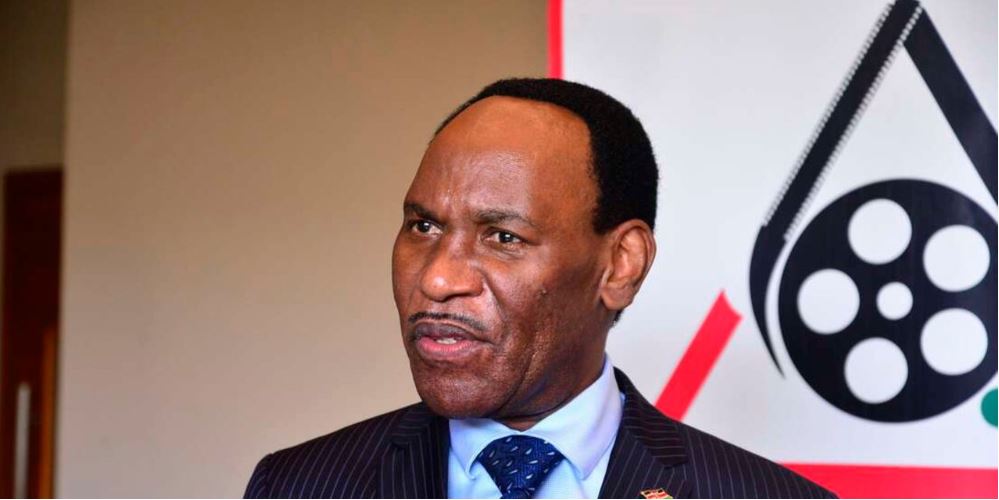 Former chief executive of the Kenya Film Classification Board (KFCB) Ezekiel Mutua has been ordered to refund Ksh.27 million to the state following a contentious pay rise while in his second term of office.
Former chief executive of the Kenya Film Classification Board (KFCB) Ezekiel Mutua has been ordered to refund Ksh.27 million to the state following a contentious pay rise while in his second term of office.
The State Corporations Appeal Tribunal determined that Mutua’s monthly salary was irregularly raised from Ksh.348,840 to Ksh.1.1 million – a massive increase that was maintained for three years. The tribunal declared the salary change irregular, unauthorized, and contrary to public service regulations.
The case followed a probe by the Inspectorate of State Corporations, which discovered that Mutua’s contract had been renewed in 2018 despite the Sports Cabinet Secretary rejecting the extension. The investigators also established that the board granted Mutua the salary hike on a “personal to holder” basis, contrary to public service regulations requiring the Salaries and Remuneration Commission (SRC) to approve such a change.
The tribunal also noted that Mutua was not a passive recipient of the salary increase, he was actively involved in the board meetings where the increase was approved. This, the Inspectorate argued, was a clear conflict of interest and contrary to ethical norms of governance.
“Inspectorate of State Corporations noted that the board’s decision to increase the CEO’s salary … on a ‘personal to self’ basis was unlawful and irregular and that Mr. Mutua ought to be surcharged as a consequence, having sat in the Board and benefited directly.”
KFCB Bypassed SRC and Cabinet Secretary
According to the Inspectorate of State Corporations, the KFCB board bypassed the Salaries and Remuneration Commission (SRC), the only body authorized to determine salaries for public officers.
Despite clear opposition from the Cabinet Secretary, who directed that the overpaid funds be recovered, the KFCB board failed to act, prompting the Tribunal to step in and resolve the matter.
In his defence, Mutua, once famously dubbed Kenya’s “moral policeman” during his tenure at the helm of KFCB, maintained that he was not to blame. He argued that the board renewed his contract and awarded him the salary increment, and that he had no reason to believe it was irregular.
“I continued to work and earn a salary without any objections, reservations and or queries from the Cabinet Secretary,” he told the Tribunal. “It made me believe that I was discharging my duties legitimately and had been properly appointed by the board.”
Despite his explanation, the Tribunal found both Mutua and board member Nehemiah Koech liable for facilitating the unauthorized salary increase. Koech had reportedly supported the decision to grant Mutua the inflated pay package.
The decision underscored a failure by the KFCB board to follow established legal procedures and fulfil its duty to protect public funds. The Tribunal concluded that Mutua’s active role in the process made him accountable for the financial loss.